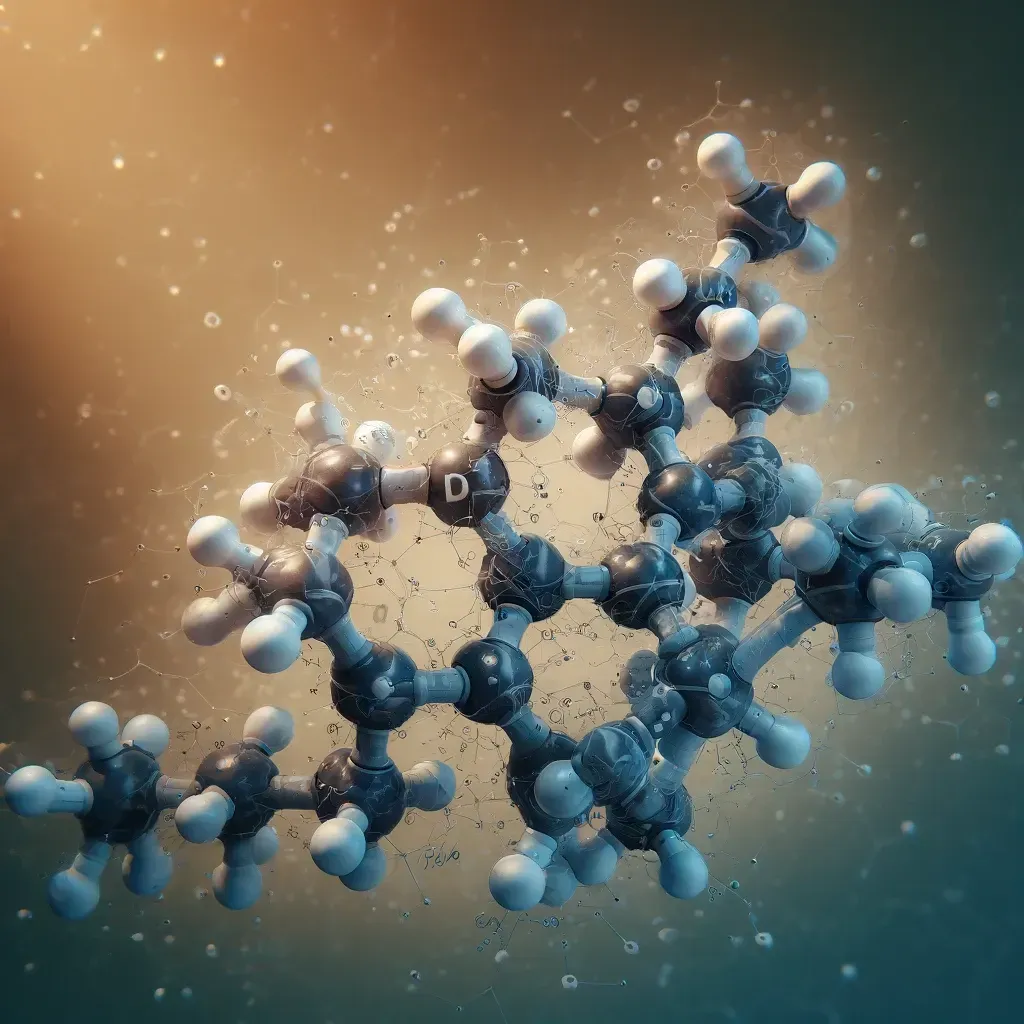
4. Endorphins' Role in Alcohol Dependence
Understanding the Role of Endorphins in Alcohol Dependence: Insights and Strategies for Recovery
Key Takeaways:
Endorphins play a pivotal role in the brain's reward system, influencing the cycle of alcohol dependence.
Chronic alcohol use can alter the brain's response to endorphins, leading to increased tolerance and dependence.
Recovery strategies include understanding the neurobiology of addiction and using targeted treatments like the Sinclair Method.
Introduction
Alcohol dependence is a complex condition influenced by numerous factors, including the brain's own chemicals called endorphins. These naturally occurring peptides, often linked to feelings of pleasure and pain relief, play a significant role in the addiction cycle. By delving into the neurobiological aspects of alcohol dependence, this article aims to shed light on how endorphins affect addiction and what strategies can help those affected.

The Role of Endorphins in Alcohol Dependence
Endorphins are part of the body's internal chemistry that acts as natural painkillers and mood enhancers. They are released during activities such as exercise, laughter, and also when consuming alcohol. The release of endorphins creates a feeling of well-being, a high that can contribute to the initial stages of dependency as individuals seek to recreate this euphoric state.
Alcohol stimulates the production of endorphins in the brain's reward centres, particularly in the nucleus accumbens and the ventral tegmental area. These areas are crucial for developing feelings of pleasure and reward. Over time, chronic alcohol consumption can lead to alterations in the endorphin system. This results in reduced natural production and a greater tolerance to alcohol's effects, pushing individuals to consume more to achieve the same feelings of euphoria.
Impact on Brain Chemistry and Function
Prolonged alcohol use can cause significant changes in the brain, impacting both structure and function. Alcohol affects several neurotransmitters and receptors in the brain, notably those involved with the inhibitory neurotransmitter GABA and its counterpart, glutamate, which is excitatory. This imbalance contributes to the calming effects of alcohol but also leads to increased tolerance and withdrawal symptoms as the brain's chemistry adjusts to frequent alcohol exposure.
Moreover, alcohol's interaction with the opioid system, particularly through beta-endorphins, which are opioid peptides, exacerbates its addictive potential. This interaction enhances feelings of pleasure while simultaneously altering emotional and physical pain responses, creating a complex cycle of addiction.
Recovery Strategies
Understanding the role of endorphins in alcohol addiction provides valuable insights into effective treatment strategies. One such approach is The Sinclair Method, a pharmacological strategy using Naltrexone to block the endorphin rush associated with drinking, thus gradually reducing cravings and consumption. This method exploits the very mechanisms of endorphin release and its binding to opioid receptors, essentially 'retraining' the brain to stop associating alcohol with overwhelming positive rewards.
Implementing Recovery Techniques
Implementing recovery strategies that address both the psychological and physiological aspects of alcohol dependence is crucial. These might include:
Pharmacological Treatments: Medications such as Naltrexone can help reduce the rewarding effects of alcohol, mitigating cravings and helping individuals reduce their alcohol intake.
Behavioural Therapies: Cognitive-behavioural therapies can help modify drinking behaviour and effectively address the psychological aspects of addiction.
Support Systems: Engaging with support groups and counselling can provide the necessary emotional support and guidance during recovery.
Conclusion
The relationship between endorphins and alcohol dependence is a key element in understanding addiction. By addressing this relationship, individuals can find effective paths to recovery that tackle both the biological and emotional facets of dependence. Recovery is a journey, and with the right knowledge and support, it is a journey that can lead to successful and sustainable sobriety.
For more detailed insights into The Sinclair Method and its benefits in treating alcohol dependence, visit our dedicated One Little Pill page. Additionally, you can follow updates and community stories on our Facebook page. For more information and resources, make sure to check out our homepage.